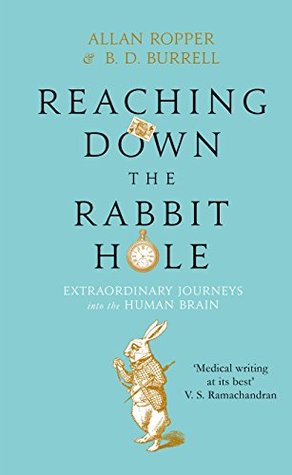More on this book
Community
Kindle Notes & Highlights
Read between
April 8 - April 22, 2020
Wernicke’s aphasia, sounds like gibberish, but not pure nonsense. It can include halting phrases that almost make sense, echolalia (repeating someone else’s just-used words), perseveration (giving the same answer to a succession of different questions), and play association (cracking wise).
Psychosis is a special type of confusion with its own reality, an internal reality that is consistent only with itself.
Memory works both forward and backward. Forward, or anterograde memory, is the ability to form memories going forward. Backward, or retrograde memory, is the ability to retain memories of the past. The two are inextricably linked: when you lose one, you lose the other.
Only one organ has a mind of its own, and it is constantly causing problems for itself. These problems, once termed “hysterical” and “psychosomatic,” are now called “functional” or “somatoform.” The conditions themselves are referred to as conversion disorders, implying the conversion of psychic distress into physical symptoms. It is one of the last vestiges of Sigmund Freud’s legacy still lurking in mainstream medicine.
Symptoms are what a patient reports. Signs are what a physician sees in an examination. Symptoms are thus subjective, and signs objective.
“The patients are holding out their troubles. They are not really asking you to take them. You should only take them if you want or need to take them. Otherwise, leave it. They’ll get along without your suffering. You have another job to do.”
Alan Shewmon claims, rightly, that there are three concepts of death: a biological one that speaks of the organism, a psychological one that speaks of the person, and a sociological one that speaks of the legal person.


